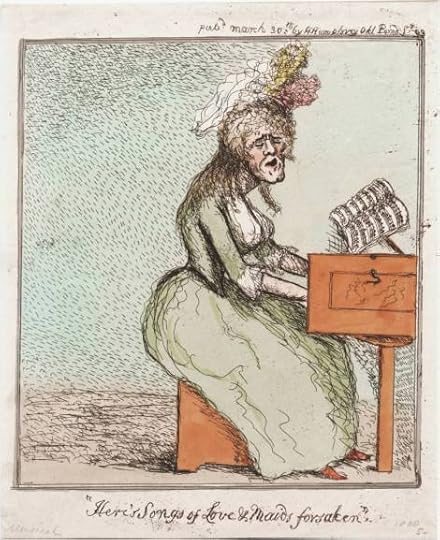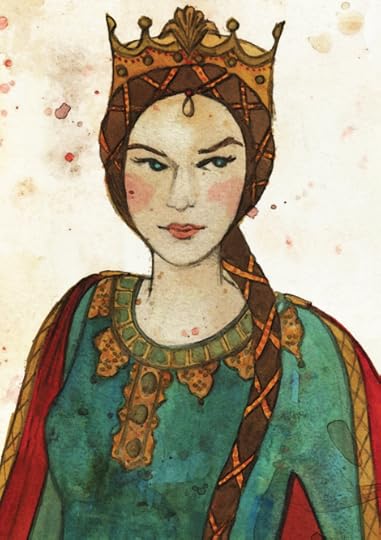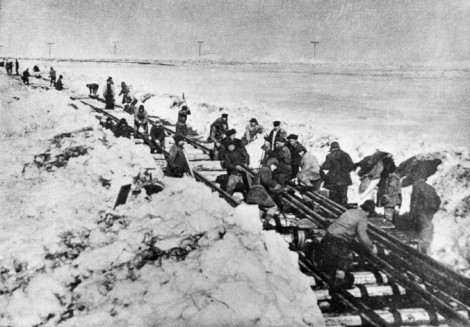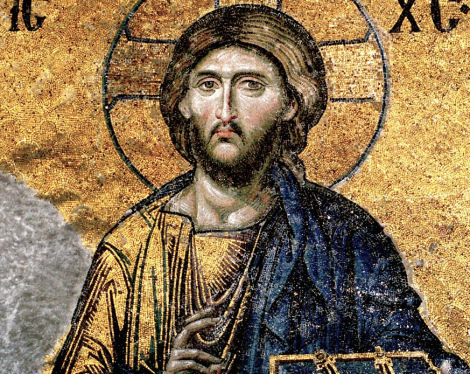Lenora Rogers's Blog, page 104
March 8, 2016
Stalin: Bad, very bad. No, even worse than that …
Tomorrow marks the anniversary of Joseph Stalin’s death in 1953. His demise did not end the Soviet internal reign of terror that had gripped the nation for decades, but it would eventually bring a lessening of the effects of the murderous regime.
Acommonly accepted figure for the number of individuals Stalin murdered while in power is 20 million.
However, as Rudolph J. Rummel, the late professor emeritus of political science at the University of Hawaii, wrote a de...
March 7, 2016
Japanese Woodblock prints
These amazing traditional woodblock print from 19th century Japan illustrate the extent to which Japan westernised after the Meiji Restoration of 1968.
writing A-level history coursework, on Japan’s transition between the 19th and 20th century and its rise to world power, these woodblock prints became a welcome relief to pages of intense historical debate.
Woodblock prints were originated in the early 8th century to disseminate texts Buddhist scriptures. Thesepri...
Love and Marriage – Georgian Style
 ‘Here’s songs of love & maids forsaken.’ Courtesy of Lewis Walpole Library.
‘Here’s songs of love & maids forsaken.’ Courtesy of Lewis Walpole Library.
Samuel Johnson described a second marriage as a:
triumph of hope over experience
So what about a first marriage, how did you find a soul mate? Well, at the start of the Georgian era marriage, especially if you happened to be wealthy, was very much akin to an arranged marriage, with landed and gentry families arranging the marriage of their children to other wealthy families in order to build the...
Masterclass in Byzantine Mosaics (Part 2)
 The History of the Byzantine Empire
The History of the Byzantine Empire
A good number of Byzantine craftsmen, painters and artists are unknown or anonymous. Yet, they have left us with a rich legacy of decorative secular and religious art throughout the eastern Roman provinces. They were not only influential in their own realm, but inspired artistic movements around them. The interior of Islamic religious buildings were sometimes painstakingly decorated by Byzantine mosaicists because of their great abilities and skills. Two...
March 4, 2016
Ell Clough Cairn Circle, Boulsworth Hill, Lancashire
 Lenora's Culture Center and Foray into History
Lenora's Culture Center and Foray into History
Reblogged on WordPress.com
Source: Ell Clough Cairn Circle, Boulsworth Hill, Lancashire


Ell Clough Cairn Circle, Boulsworth Hill, Lancashire
Ell Clough Cairn Circle, Boulsworth Hill, Lancashire
 Ell Clough Ring Cairn on the lower slope of Boulsworth Hill.
Ell Clough Ring Cairn on the lower slope of Boulsworth Hill.
OS grid reference: SD 9019 3412. The Ell Clough (Hell Clough)cairn circle, ring cairnand burial mound,is located on the sideof Boulsworth Hill, in Lancashire– with commanding panoramic viewsover Thursden Valley and, in the distance Pendle Hill. It is named after the nearby stream which runs down slopethrough Ell Clough. At the junction of three lanes in Thursden Valley walk up the signposted footpath r...
Murder in Fredericksburg: The Legacy of a Tragedy (Part 4)
From Beth Parnicza:
This post is the fourth and final in a series exploring the details of the death of German shopkeeper Charles Miller’s brother George after an exchange in Charles’ shop with four Union soldiers on their way home from war in May 1865. The previous posts can be found here: Part One, A Darkness on Commerce St.; Part 2, Suspects and Scapegoats; andPart 3, Doctor Galland Takes the Stand.
Four soldiers of the Sixth Corps, Army of the Potomac, stood trial...
March 3, 2016
Union Rebels: Civil War Veterans & the Fenian Campaign in Britain & Ireland, 1866-1868
 Irish in the American Civil War
Irish in the American Civil War
In Part 2 of the guest series on the participation of American Civil War veterans in the operations of the Fenian Movement, James Doherty takes a look at events such as the suspension of Habeas Corpus, the creation of the “Manchester Martyrs” the Temple Bar shootings and the Clerkenwell Bombing. Virtually every major Fenian incident that took place in Britain and Ireland during the late 1860s involved a number of men who had fought for the Union during the Civ...
A handsome, but wretched head.

She’s no Bathory, but still an interesting story.
Eadburh (also Eadburg, Edburga) was the daughter of King Offa of Mercia and Queen Cynethryth. She became queen by her marriage to King Beorhtric of Wessex in 789.
It is said that she “accidentally” poisoned her husband and fled to Francia- there, Charlemagne asked her if she’d like to marry him, or his son. When chose his son (because of his youth) Charlemagne said “because you didn’t choose me, you shall have neither.” (or som...













